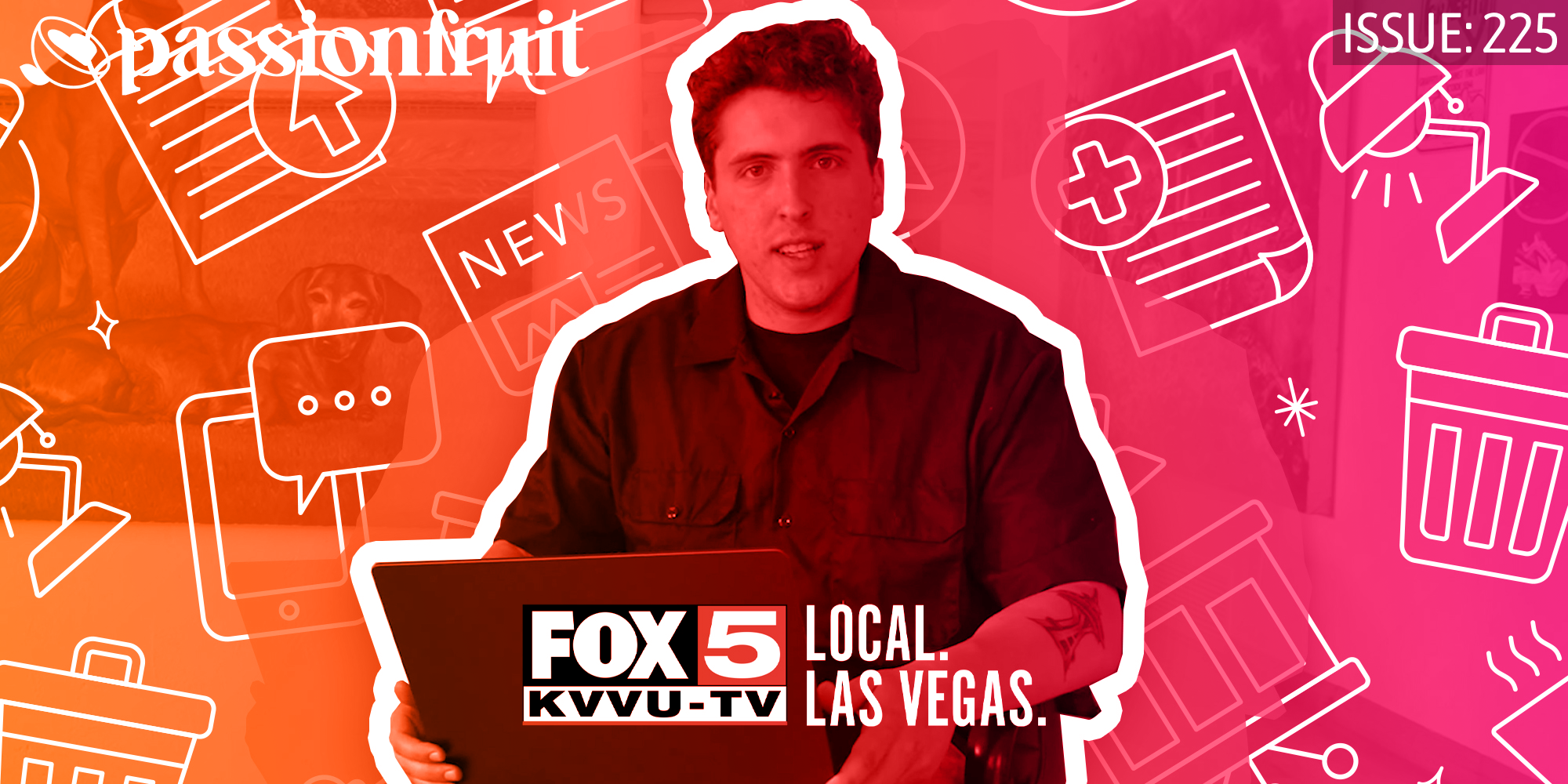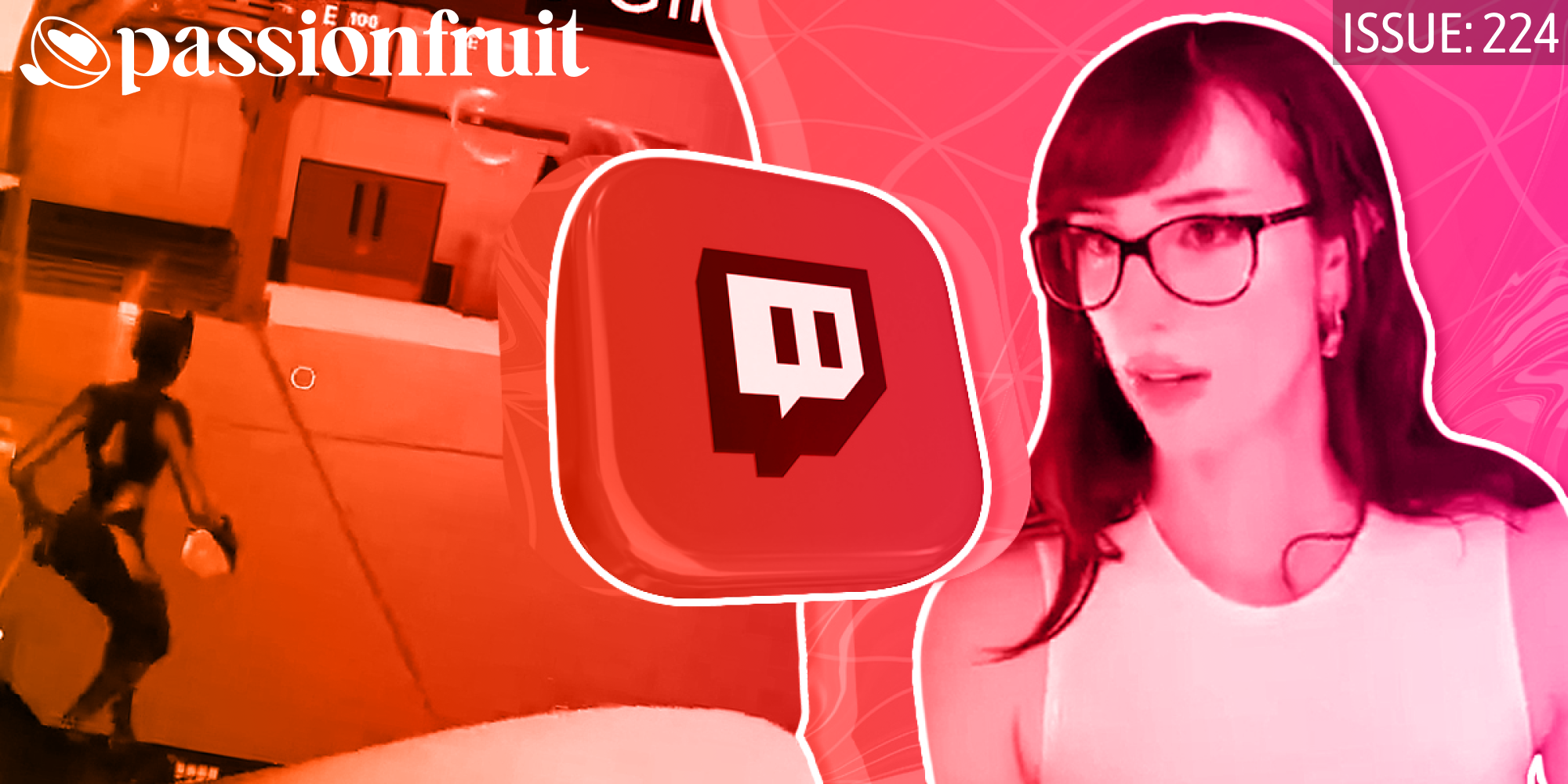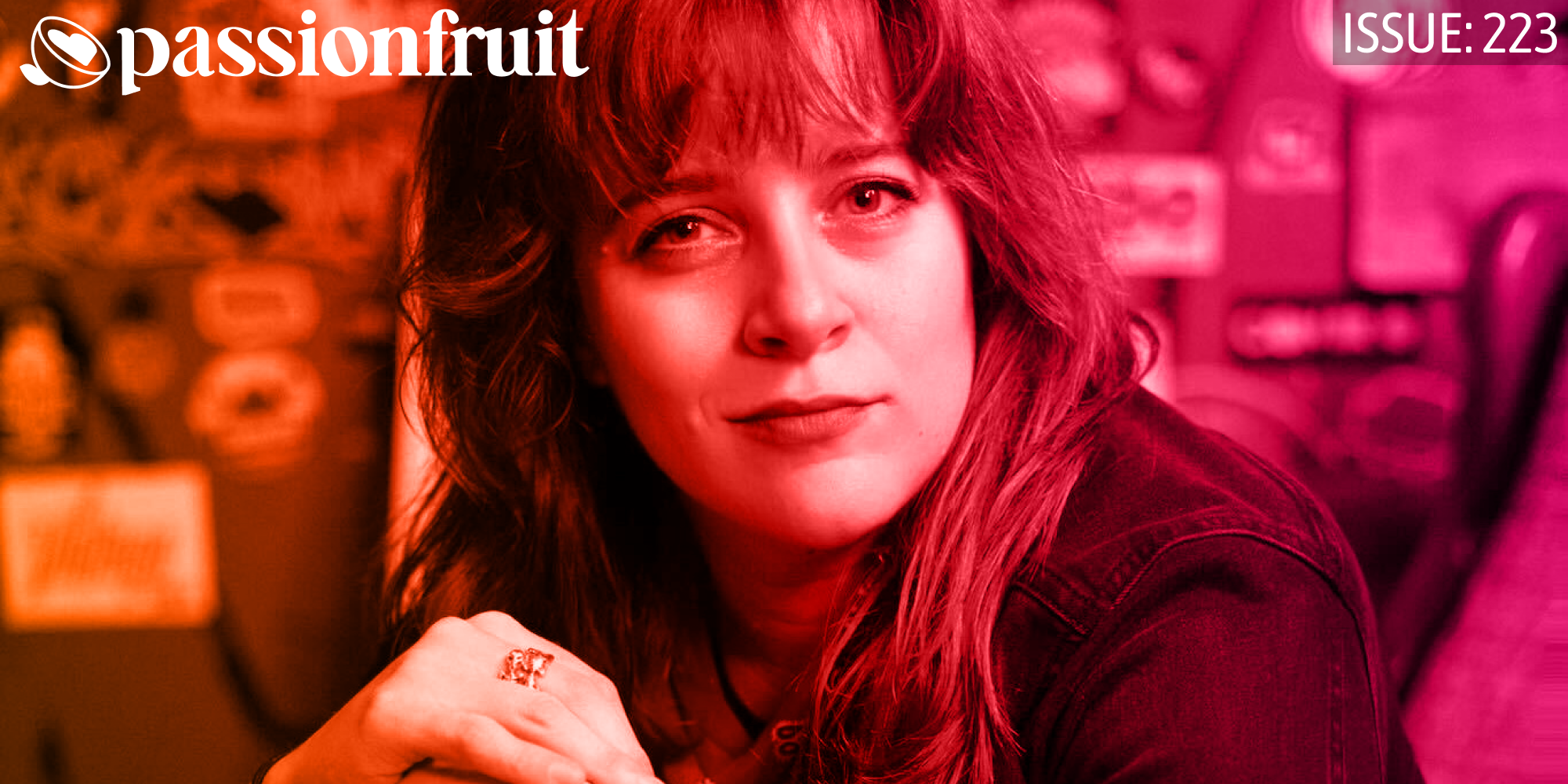CREATOR NEWSLETTER
Issue #200 | January 4, 2024
I’ve been watching this dystopian anime murder mystery Netflix miniseries called “Pluto,” which is basically about a world where artificial intelligence has become so advanced that robots have accumulated similar rights to humans. It’s based on a 2003 manga by Takashi Nagasaki and Naoki Urasawa, whom “Parasite” filmmaker Bong Joon-ho called “the greatest storyteller of our time.” It’s a beautiful, heartwrenching hit, which skillfully incorporated references to the timeless 1952 manga about a child robot, “Astro Boy.”
It makes sense Netflix chose to adapt this story to the screen at a time like this, when AI skepticism, fear, and excitement have entered the public zeitgeist more than ever before. And in particular, everybody is really concerned about how AI robots fit into our current legal system.
In the show, most humans live in harmony with artificial intelligence and consider highly advanced robots to be human-like in nature and deserving of the same rights as humans, codified in a “Robot Bill Of Rights.” However, the question of whether or not robots can really feel and create art like humans do is up for debate. (Cue Paul Duncan playing the piano.)
Why am I writing about this topic in a newsletter for creators? Mainly because the story raises questions that certainly are relevant to creators and completely up for debate: How exactly do human laws translate to robotkind? Are robots and humans the same under the law? Do we want them to be?
Things get particularly difficult to ascertain when it comes to creativity. Last Wednesday, the New York Times sued OpenAI and Microsoft for AI plagiarism. According to the complaint, the tech companies scraped “millions” of the NYT’s articles, sometimes resulting in verbatim replicas of their copyrighted work.
Legal experts told the Washington Post that if robots “directly reproduced” rather than “paraphrased” the articles, the Times may have a strong case for copyright infringement. Under copyright law, transformation is legal, but copying is not. Basically, if the “output” of the AI is really similar to the articles, then they could win.
Of course, when humans get creative, we usually paraphrase other people’s ideas, comment upon information discovered by someone else, or “steal like an artist” — saying it’s ethical as long as we significantly transform those pieces of information into something new in the process. Currently, Microsoft and OpenAI are attempting to convince the courts that their AI is doing just that.
But AI, unlike humans, retains perfect copies of every bit of information it ingests. It only makes sense then that it accidentally produces near-exact copies of what it trains off of.
According to the Post, “OpenAI’s position is that the examples in the Times’s lawsuit are aberrations — a sort of bug in the system that caused it to cough up passages verbatim.” Robot plagiarism is not driven by the foibles of mankind (greed, foolishness, maliciousness) but by “bugs” in a system. A robot’s creativity may pass off as human creativity in the latest Turing tests, but most of us can agree that it is not really human after all.
In that sense, the more interesting question lying underneath all this is should robots have the legal rights to “creatively transform” human works? Maybe not, and certainly, the courts should not just awkwardly be shoving AI machines into our preconceived notions of human creativity. There really needs to be a dedicated area of law for AI — and probably a more robust international treaty about its regulation.
THE COMMENTS SECTION
“These AI companies use our work as training data and raw materials for their AI models without consent, credit, or compensation … No other tool solely relies on the works of others to generate imagery. Not Photoshop, not 3D, not the camera, nothing.
— Illustrator Karla Ortiz on the legality of AI.
On the OpenAI and Microsoft side of this case, we have a story about the exciting, new, and promising developments of technology. The kind that could potentially elevate the human race, save us from future catastrophes, and sure, make the companies developing AI a lot of money.
On the Times side, we have a story of artists being abused and taken advantage of. There’s a growing movement against the tech industry by video creators, photographers, comedians, authors, filmmakers, and graphic designers who are struggling to put food on the table and are increasingly being replaced by a technology that wouldn’t even be possible without exploiting their work.
Nobody likes the idea of career-killing robots, or to imagine the more grave consequences of AI that might lurk in our future. Or as one character in “Pluto” warned, “Stop trying to make robots more human. Give it up, or something terrible will happen.”
– Grace Stanley, Newsletter and Features Editor
STREAMING
The Pat McAfee Feud Highlights a Real Dilemma for Livestreamers
Influencer Pat McAfee argued on his show that he just took one of his jokes a little too far. It begs the question: Do conversational guardrails “kill the vibe?”
By Lon Harris, Passionfruit Contributor
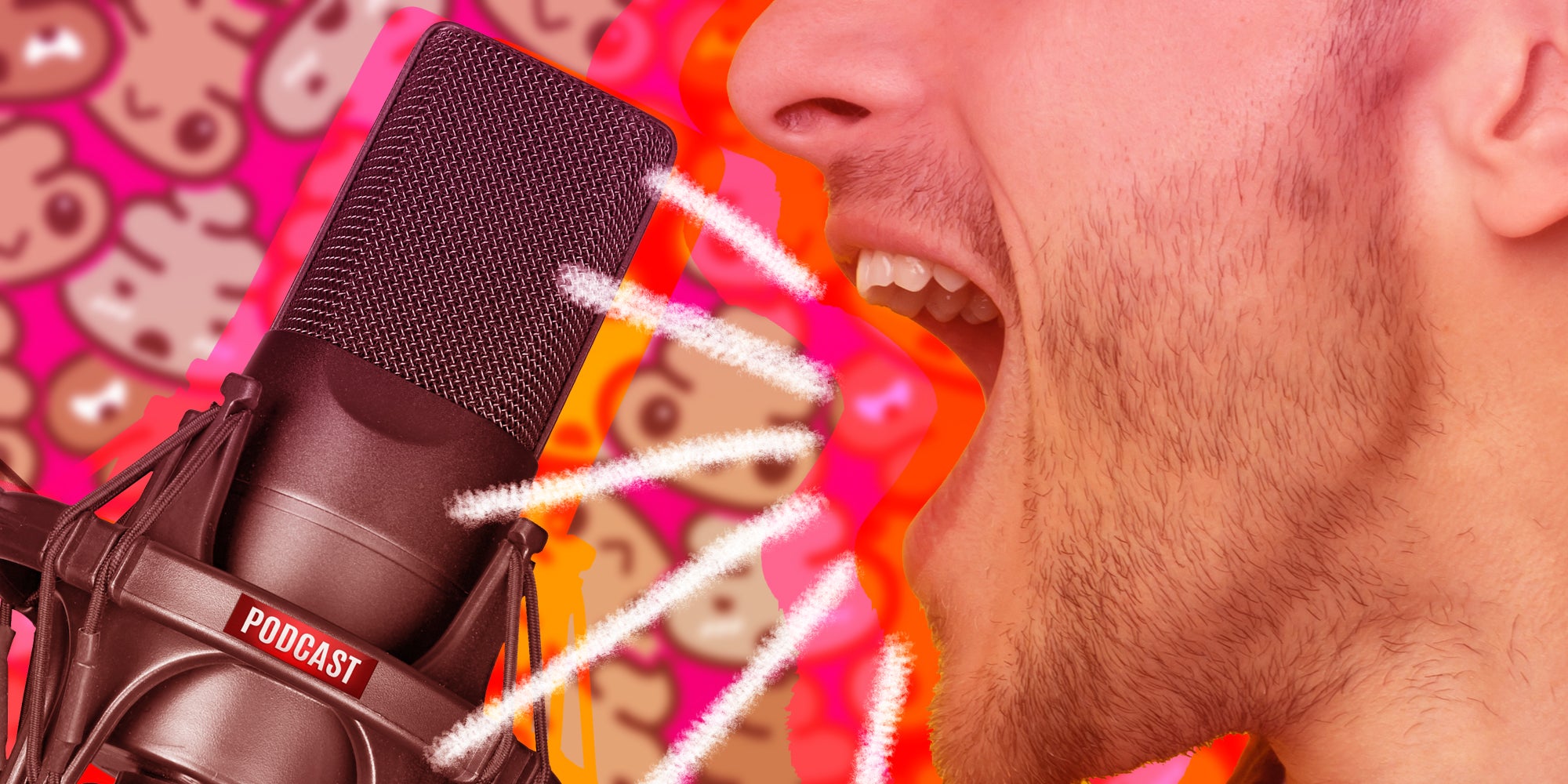
IN THE BIZ
- Elon Musk’s attempts to make X (formerly Twitter) relevant took a slightly embarrassing turn the other day, as YouTube sensation MrBeast didn’t hold back in telling the tech mogul why he wouldn’t be uploading his content to X.
- An AI program made a rendition of an “unfinished” Keith Haring painting about the AIDS crisis. Soon after, backlash over the rise of AI art erupted on social media, with some users arguing that altering or completing a creator’s work after death is unethical.
- A YouTube video featuring a deepfake of the CEO of a popular Web3 company, Solana, went viral this week. It raised concerns about crypto scams running rampant as deepfakes become more convincing.
- TikTok is set to take a larger cut of the sales it makes from TikTok Shop — and it may not bode well for the future of creator affiliate marketing on the merchant platform.
PLATFORMS
Twitch Takes Yet Another Swing At ‘Implied Nudity’ In Latest Rule Change
Say goodbye to implied nudity, once and for all.
By Charlotte Colombo, Passionfruit Contributor
CULTURE
Disney Let Its Copyright Chokehold Over Mickey Mouse Loosen (But Only a Bit)
A flood of new mouse-related content hit the web this week after ‘Steamboat Willie’ entered the public domain, with only more to come.
By Steven Asarch, Passionfruit Contributor
UPCOMING EVENTS
- CES, an annual trade show for tech heads, runs from Jan. 9-12 in Las Vegas.
- DragCon UK, a festival for drag artists and fans, will be held Jan. 13-14 in London.
- Creator Economy Live, an influencer marketing conference, takes place Jan. 16-17 in Las Vegas.
- The Streamer Awards, a gaming awards ceremony, will be held on Feb. 17 in Los Angeles.
- South by Southwest, a tech, film, and music conference, will hold its “Creator Economy Track” from March 11-15 in Austin, Texas.
- NFT NYC, a Web3 conference, will take place April 3-5 in New York City.
YOUTUBE MADE ME DO IT
An anonymous creator named Glorb, who makes absolutely wild AI-driven Spongebob drill rap videos, is taking the internet by storm … they are a must-watch.
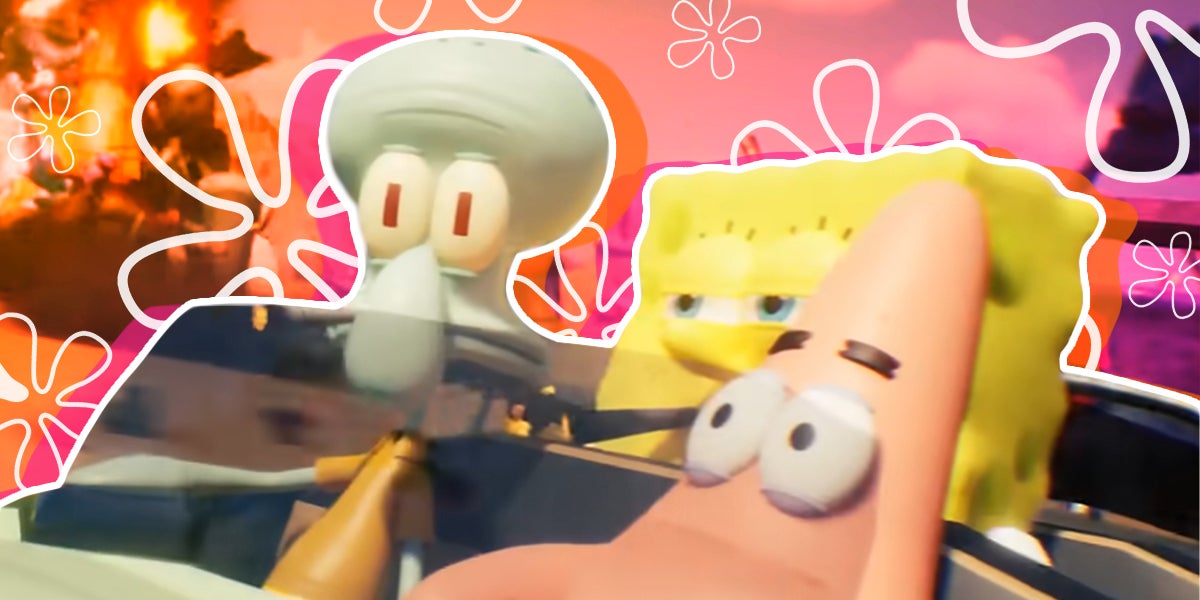

Copyright © 2024 Passionfruit, All rights reserved.
You are receiving this email because you signed up to get the latest tips, tricks,
and trends in the creator economy from Passionfruit.
Have an idea for our next big story or want to get featured? Email us at tips@passionfru.it
Don’t want to hear from us anymore?
Click here to unsubscribe
To view in your browser click here



